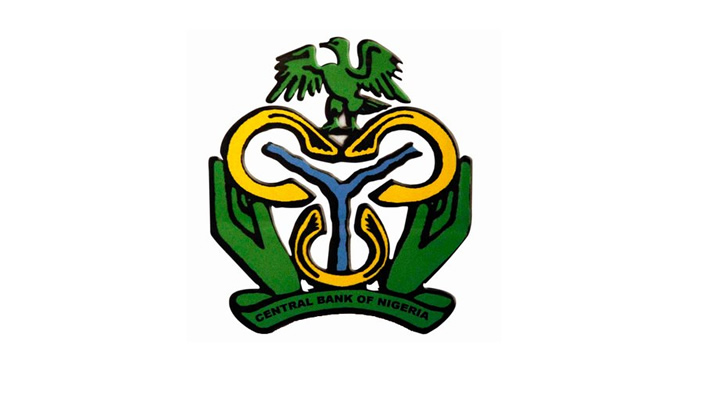By Atoyebi Nike
A new economic review by Quartus Economics has advised the Central Bank of Nigeria (CBN) to introduce higher-value currency notes such as ₦10,000 and ₦20,000, arguing that it would improve the naira’s usability and reduce the cost of cash transactions.
In its report titled “Is Africa’s Eagle Stuck or Soaring Back to Life?”, the firm said the steady depreciation of the naira had rendered the ₦1,000 note currently the highest denomination almost worthless in terms of purchasing power.
“To make the naira portable again, Nigeria can introduce higher-value bills, e.g., ₦10,000 or ₦20,000 notes, or redenominate the currency entirely,” the report stated.
Quartus Economics dismissed suggestions that issuing higher-value notes could worsen inflation, describing such claims as a “myth unsupported by evidence.” It explained that inflation results from cost-push and demand-pull pressures, not the denomination of currency.
“Countries introduce higher-value notes to maintain portability after a period of significant currency depreciation, not to trigger inflation,” the report added.
Nigeria’s inflation rate stood at 18.02 percent in September, while the exchange rate reached ₦1,448.20 per dollar as of October 29, 2025 underscoring the naira’s weakening purchasing power.
